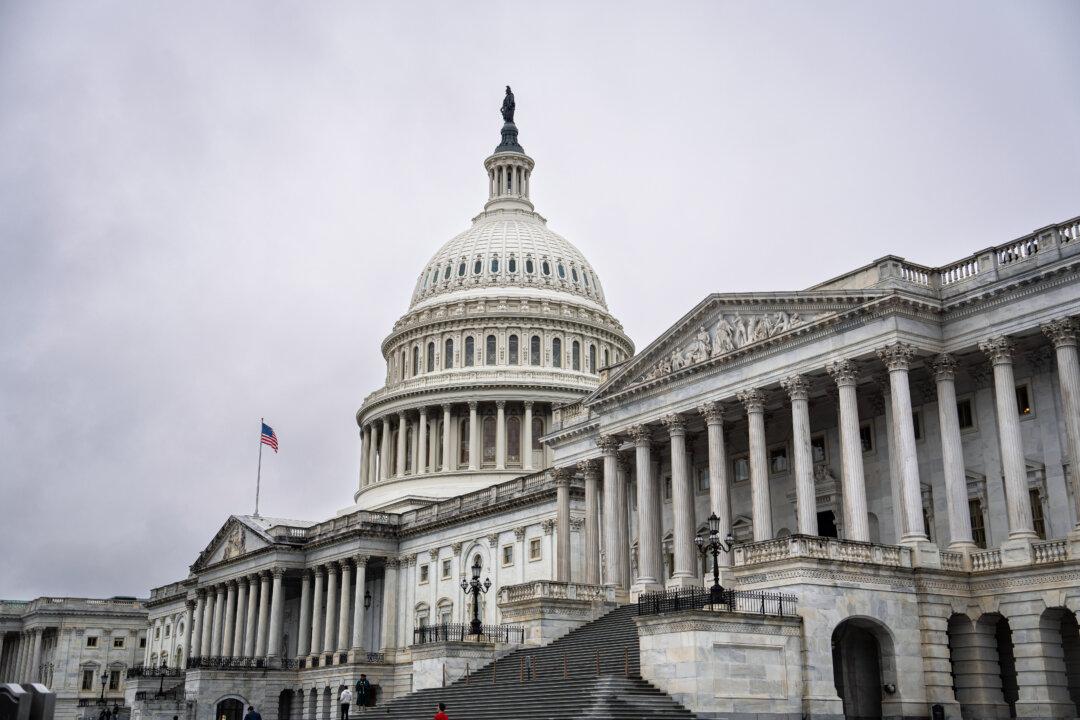Commentary
For decades, forces unfriendly to religion have used the Constitution’s separation of church and state to minimize the influence of traditional faiths—particularly Christianity—in public life. Americans holding a more favorable view of tradition might now consider taking a page from their playbook to defeat the new religion of Wokeism.




